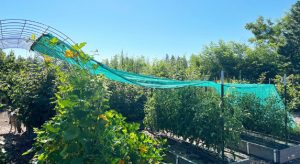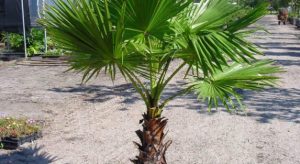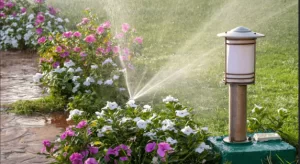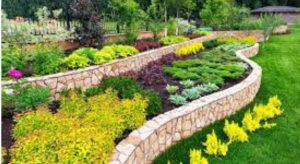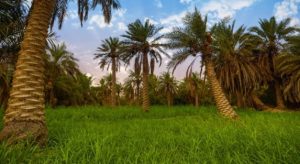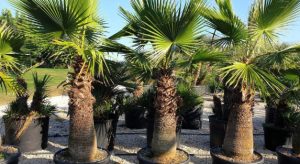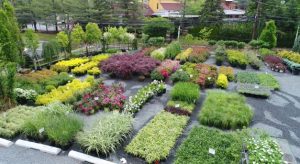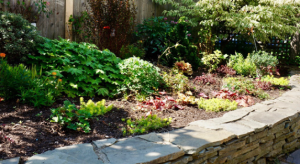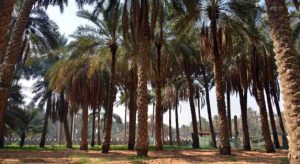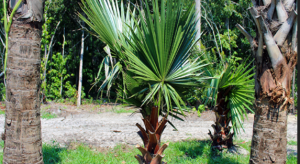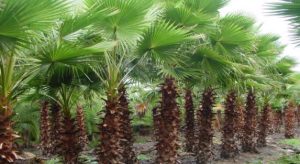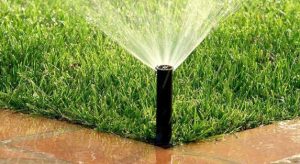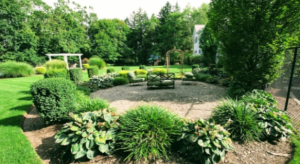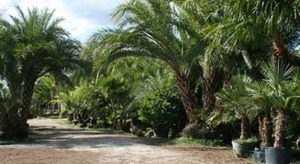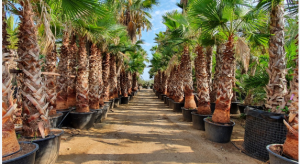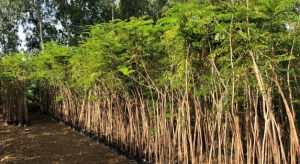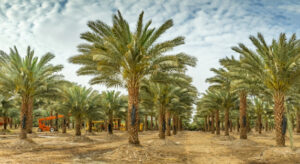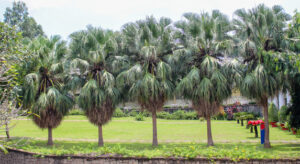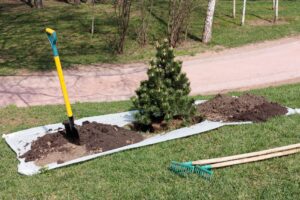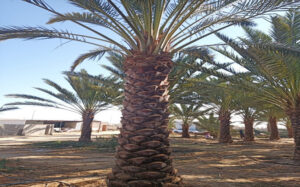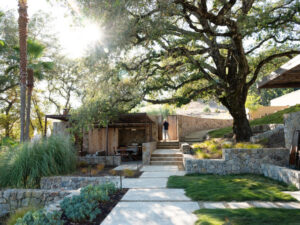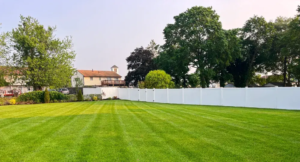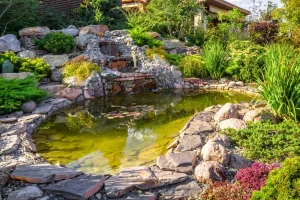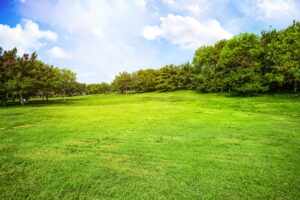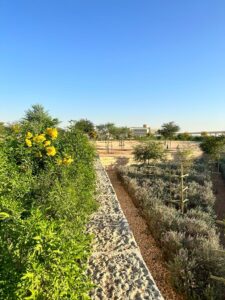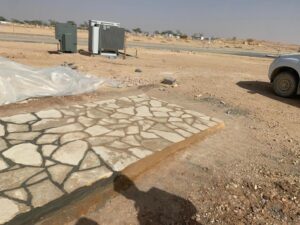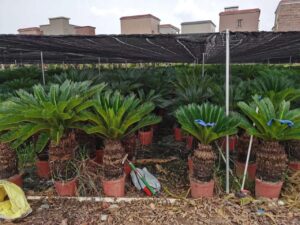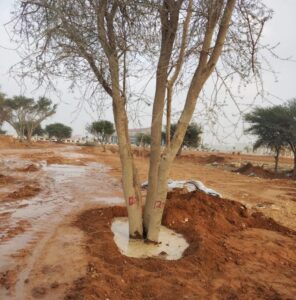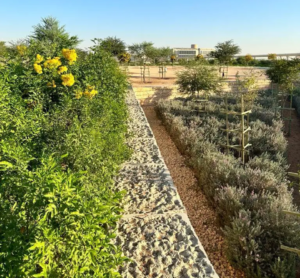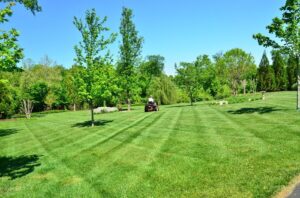How to Choose the Best Palm Tree Supplier in Riyadh
28 May, 2024
Introduction
Riyadh, the capital city of Saudi Arabia, is well-known for its stunning landscapes adorned with various types of palm trees. These trees are not just symbols of natural beauty but also play a significant role in the cultural and economic aspects of the region. Choosing the best palm tree supplier in Riyadh can be a daunting task given the plethora of options available. This article aims to guide you through the essential factors to consider when selecting a palm tree supplier, ensuring that you make an informed decision that meets your aesthetic and practical needs.
Understanding the Importance of Palm Trees in Riyadh
Palm trees are deeply ingrained in the heritage and environment of Riyadh. They are not only used for ornamental purposes but also have agricultural significance. Date palms, in particular, are a staple in the region’s agriculture, providing delicious and nutritious dates that are exported worldwide. The right palm tree can enhance the beauty of landscapes, provide shade, and contribute to the local ecosystem.
Types of Palm Trees Commonly Found in Riyadh
Before diving into the selection process, it is important to understand the types of palm trees commonly found in Riyadh. Some popular varieties include:
1. Date Palms (Phoenix dactylifera): Known for their sweet fruit, date palms are a staple in Middle Eastern culture.
2. Washingtonia Palms (Washingtonia robusta): Recognized for their towering height and fan-shaped leaves.
3. Canary Island Date Palms (Phoenix canariensis): Noted for their robust trunk and lush foliage.
4. Fan Palms (Washingtonia filifera): Known for their distinctive fan-like leaves.
Each type has its own set of requirements and benefits, making it essential to choose the right one based on your specific needs.
Factors to Consider When Choosing a Palm Tree Supplier in Riyadh
- Reputation and Experience
A supplier's reputation and experience in the market are crucial indicators of their reliability. Established suppliers with years of experience are more likely to provide high-quality palms and better customer service. Look for reviews, testimonials, and case studies to gauge their reputation. - Quality of Palm Trees
The health and quality of the palm trees are paramount. Inspect the palms for signs of disease, pests, or poor maintenance. A good supplier will provide healthy, well-nurtured palms that are ready for transplantation. - Variety of Palm Trees
A diverse selection allows you to choose the perfect type of palm tree for your needs. Suppliers that offer a wide range of palm species can cater to different landscaping requirements and personal preferences. - Expertise and Guidance
Suppliers with a team of knowledgeable staff can provide valuable advice on selecting the right palms, planting techniques, and maintenance. This expertise can be particularly beneficial if you are unfamiliar with palm tree care. - Delivery and Planting Services
Consider whether the supplier offers delivery and planting services. Proper transplantation is critical to the palm tree’s survival and growth. Suppliers that provide these services can ensure that your palms are planted correctly and in optimal conditions. - Pricing and Value for Money
While cost should not be the sole determining factor, it is important to consider pricing and ensure you are getting value for your money. Compare prices from different suppliers, but also weigh the quality and services offered. - Customer Support
Reliable customer support can make a significant difference, especially if issues arise post-purchase. Choose a supplier that offers excellent customer service and is willing to assist you with any concerns.
Researching Potential Suppliers
Start by compiling a list of potential suppliers in Riyadh. Use online resources, directories, and recommendations from friends or colleagues. Once you have a list, conduct thorough research on each supplier:
1. Website and Online Presence: A professional and informative website can provide a wealth of information about the supplier’s offerings, expertise, and customer reviews.
2. Customer Reviews and Testimonials: Look for reviews on independent platforms and social media to get unbiased opinions.
3. Visits and Inspections: If possible, visit the supplier’s nursery to inspect the palms and assess their condition firsthand.
Visiting the Nursery: What to Look For
A visit to the nursery can give you a clear idea of the quality and variety of palms available. Here are some key aspects to focus on:
1. Health of Palm Trees: Look for vibrant, green leaves without signs of yellowing or browning, which can indicate poor health.
2. Maintenance Practices: Well-maintained nurseries with clean, organized spaces usually reflect the care taken in nurturing the palms.
3. Size and Maturity: Depending on your needs, check for the availability of palms at different stages of growth – from young saplings to mature trees.
Questions to Ask Potential Suppliers
Prepare a list of questions to ask potential suppliers to ensure they meet your criteria. Some important questions include:
1. What types of palm trees do you offer?
2. Can you provide references from previous customers?
3. Do you offer delivery and planting services?
4. What is your policy on guarantees and replacements?
5. How do you ensure the health and quality of your palm trees?
Evaluating Supplier Credentials
Check the credentials of your chosen supplier to ensure they adhere to industry standards and practices. Look for certifications, affiliations with professional bodies, and any awards or recognitions they might have received.
Comparing Multiple Suppliers
Compare the shortlisted suppliers based on the factors mentioned above. Create a comparison chart to evaluate their offerings, prices, and services side by side. This structured approach can help you make a more informed decision.
Making the Final Decision
After thorough research and comparisons, choose the supplier that best aligns with your needs and preferences. Ensure that they meet all your criteria and are willing to provide support throughout the purchasing and planting process.
Post-Purchase Considerations
Once you have purchased your palm trees, there are several post-purchase considerations to keep in mind:
1. Proper Planting: Ensure the palms are planted in suitable locations with the right soil conditions and sufficient space.
2. Maintenance and Care: Follow the supplier’s guidelines for watering, fertilization, and pest control.
3. Monitoring Growth: Regularly monitor the health and growth of your palms to address any issues promptly.
Conclusion
Choosing the best palm tree supplier in Riyadh requires careful consideration of various factors including reputation, quality, variety, expertise, and customer service. By conducting thorough research and evaluations, you can find a supplier that not only provides high-quality palm trees but also supports you throughout the planting and maintenance process. With the right supplier, you can enhance the beauty of your landscape and enjoy the numerous benefits that palm trees bring to the environment and culture of Riyadh.
- Fountain and Waterfalls
- Gardening
- hardscape
- Irrigation system
- Landscape
- Lawn
- Nursery
- Palm Tree
- Plantation and Maintenance
- softscape
- Tree Transplanting
- Washingtonian Tree
Categories
Latest Post
- Fountain and Waterfalls
- Gardening
- hardscape
- Irrigation system
- Landscape
- Lawn
- Nursery
- Palm Tree
- Plantation and Maintenance
- softscape
- Tree Transplanting
- Washingtonian Tree






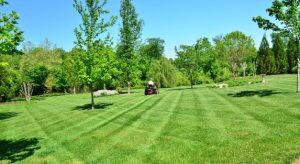
 .
.


